Retirement horse boarding refers to the specialized care and accommodation provided to retired horses. As horses age, they may no longer be able to perform the same level of work or participate in activities they once enjoyed. Retirement horse boarding facilities offer a safe and comfortable environment for these equine companions to live out their golden years.
Retirement horse boarding is important for retired horses because it allows them to receive the care and attention they need as they age. These facilities are designed to meet the unique needs of older horses, providing them with a comfortable and stress-free environment. By choosing retirement horse boarding, horse owners can ensure that their equine companions receive the specialized care they deserve.
The Benefits of Retirement Horse Boarding for Your Equine Companion
One of the main benefits of retirement horse boarding is access to specialized care. These facilities are staffed by experienced professionals who understand the unique needs of older horses. They are trained to provide the necessary care and attention to ensure the well-being of retired horses. From daily grooming and exercise routines to medical care and monitoring, retirement horse boarding facilities offer comprehensive care for aging equine companions.
Another benefit of retirement horse boarding is reduced risk of injury. As horses age, they may become more prone to injuries or health issues. Retirement facilities are designed with safety in mind, minimizing the risk of accidents or injuries. From well-maintained pastures and stalls to secure fencing and proper lighting, these facilities prioritize the safety and well-being of retired horses.
Retirement horse boarding also improves the quality of life for retired horses. These facilities provide ample space for horses to move around freely, ensuring they can maintain their physical health and mobility. Additionally, retirement facilities often offer socialization opportunities for retired horses, allowing them to interact with other horses and engage in natural herd behaviors. This social interaction can greatly enhance their overall well-being and happiness.
Choosing the Right Retirement Horse Boarding Facility
When choosing a retirement horse boarding facility, there are several factors to consider. The location and accessibility of the facility is important, as you’ll want to be able to visit your horse regularly. Additionally, consider the size and layout of the facility. Ensure that there is enough space for your horse to move around comfortably and that the facility is well-maintained.
Staff qualifications and experience are also crucial when selecting a retirement horse boarding facility. Look for facilities that have knowledgeable and experienced staff members who are trained in equine care. They should have a thorough understanding of the unique needs of retired horses and be able to provide the necessary care and attention.
Understanding the Cost of Retirement Horse Boarding
The cost of retirement horse boarding can vary depending on several factors. The size and location of the facility, as well as the amenities and services offered, can all impact the cost. Additionally, the level of care required for your horse, such as any medical conditions or special dietary needs, can also affect the cost.
On average, retirement horse boarding can range from $300 to $800 per month. However, it’s important to note that this is just an estimate and prices can vary significantly. When budgeting for retirement horse boarding, it’s important to consider all potential costs, including monthly fees, veterinary care, farrier services, and any additional services or amenities.
To help manage the cost of retirement horse boarding, consider budgeting tips such as setting aside a specific amount each month for your horse’s care. Additionally, explore any available discounts or payment plans offered by the facility. It’s also important to factor in any potential increases in cost over time, as prices may change as your horse ages.
The Importance of Quality Care in Retirement Horse Boarding
Quality care is essential in retirement horse boarding facilities to ensure the health and well-being of retired horses. Daily care routines should include regular grooming, exercise, and monitoring of the horse’s overall condition. This includes checking for any signs of illness or injury and addressing them promptly.
Medical care and monitoring are also crucial in retirement horse boarding facilities. Regular veterinary check-ups should be scheduled to monitor the horse’s health and address any potential issues. Additionally, any necessary medications or treatments should be administered as prescribed by the veterinarian.
Nutritional needs should also be carefully considered in retirement horse boarding facilities. Older horses may have specific dietary requirements, such as a need for softer food or supplements to support joint health. The facility should be able to accommodate these needs and provide a balanced diet for retired horses.
Amenities and Services Offered in Retirement Horse Boarding Facilities

Retirement horse boarding facilities often offer a range of amenities and services to enhance the quality of life for retired horses. Pasture and stall options are typically available, allowing horses to have access to both outdoor and indoor spaces. This allows them to move around freely and choose their preferred environment.
Exercise and turnout areas are also important in retirement horse boarding facilities. These areas provide space for horses to stretch their legs and engage in natural behaviors. Regular exercise is important for maintaining their physical health and mobility.
In addition to basic amenities, retirement horse boarding facilities may also offer additional services such as grooming, farrier services, and veterinary care. These services can help ensure that retired horses receive all the necessary care they need in one convenient location.
Equine Health and Wellness in Retirement Horse Boarding
Maintaining the health and wellness of retired horses is a top priority in retirement horse boarding facilities. Preventative care measures, such as regular vaccinations and deworming, are essential to keep horses healthy and prevent the spread of diseases.
Common health issues in retired horses include arthritis, dental problems, and weight management issues. Retirement horse boarding facilities should have protocols in place to address these issues and provide the necessary care and treatment. This may include regular dental check-ups, joint supplements, and tailored feeding programs.
Management of chronic conditions is also important in retirement horse boarding facilities. Horses with conditions such as Cushing’s disease or metabolic disorders require specialized care and monitoring. The facility should have the knowledge and experience to manage these conditions effectively and provide the necessary treatments.
Socialization and Interaction for Your Retired Horse
Socialization is an important aspect of retirement horse boarding. Horses are social animals and thrive when they have the opportunity to interact with other horses. Retirement facilities often offer group turnout options, allowing horses to live in a herd environment and engage in natural herd behaviors.
Interaction with humans is also important for retired horses. Regular human interaction can help prevent boredom and provide mental stimulation. This can be achieved through grooming sessions, hand-walking, or simply spending time with the horse in their stall or pasture.
Safety Measures in Retirement Horse Boarding Facilities
Safety is a top priority in retirement horse boarding facilities. The facility should have safety features in place to minimize the risk of accidents or injuries. This includes secure fencing, well-maintained pastures and stalls, and proper lighting.
Emergency preparedness is also crucial in retirement horse boarding facilities. The facility should have protocols in place for handling emergencies, such as natural disasters or medical emergencies. Staff members should be trained in emergency procedures and have access to necessary equipment and supplies.
Staff training and certifications are also important when it comes to safety in retirement horse boarding facilities. Staff members should be knowledgeable about equine care and safety practices. Certifications such as CPR and first aid can provide additional assurance that staff members are prepared to handle any emergencies that may arise.
Preparing Your Horse for Retirement Horse Boarding
Transitioning from a working horse to a retired horse can be a significant change for both the horse and the owner. It’s important to prepare your horse for retirement by gradually reducing their workload and allowing them to adjust to a slower pace of life.
When preparing for the move to a retirement facility, it’s important to gather all necessary paperwork and medical records for your horse. This will help the facility staff understand your horse’s history and any specific care requirements they may have.
Maintaining a strong bond with your retired horse is also important. Regular visits and spending quality time with your horse can help maintain the bond you’ve built over the years. Additionally, staying involved in their care and communicating with the facility staff can help ensure that your horse receives the best possible care in their retirement years.
In conclusion, retirement horse boarding provides a safe and comfortable environment for retired horses to live out their golden years. These facilities offer specialized care, reduced risk of injury, and improved quality of life for retired horses. When choosing a retirement horse boarding facility, consider factors such as location, facility size and layout, and staff qualifications. Understanding the cost of retirement horse boarding and budgeting accordingly is also important. Quality care, amenities, and services are crucial in retirement horse boarding facilities to ensure the health and well-being of retired horses. Socialization, safety measures, and preparing your horse for retirement are also important considerations. By choosing retirement horse boarding, you can provide your equine companion with the care and attention they deserve in their senior years.
If you’re considering retirement horse boarding, you’ll want to make sure you choose the perfect facility for your beloved equine companion. Liv Stables, a premier horse boarding facility in Lynden, Ontario, offers top-notch amenities and services for retired horses. In their article “The Ultimate Guide to Choosing the Perfect Home for Your Retired Horse,” Liv Stables provides valuable insights and tips on finding the ideal retirement boarding facility. From spacious grassy paddocks to specialized care, this article covers all the essential factors to consider when selecting a retirement home for your horse. Don’t miss out on this comprehensive guide – check it out here!
FAQs
What is retirement horse boarding?
Retirement horse boarding is a service provided by horse farms or stables that cater to the needs of older horses who are no longer able to perform their usual activities due to age or health issues.
What are the benefits of retirement horse boarding?
Retirement horse boarding provides a safe and comfortable environment for older horses to live out their remaining years. It also ensures that they receive proper care and attention from experienced staff who are trained to handle their specific needs.
What services are included in retirement horse boarding?
Retirement horse boarding typically includes daily feeding, stall cleaning, turnout, and regular veterinary care. Some facilities may also offer additional services such as grooming, exercise, and specialized diets.
How much does retirement horse boarding cost?
The cost of retirement horse boarding varies depending on the location, services provided, and the level of care required for each horse. On average, retirement horse boarding can cost anywhere from $300 to $1000 per month.
What should I look for in a retirement horse boarding facility?
When choosing a retirement horse boarding facility, it is important to consider factors such as the quality of care provided, the experience and qualifications of the staff, the condition of the facilities, and the overall reputation of the facility within the horse community.
What are some common health issues that older horses may face?
Older horses may be more prone to health issues such as arthritis, dental problems, weight loss, and digestive issues. It is important for retirement horse boarding facilities to have staff who are trained to recognize and address these issues in a timely manner.


